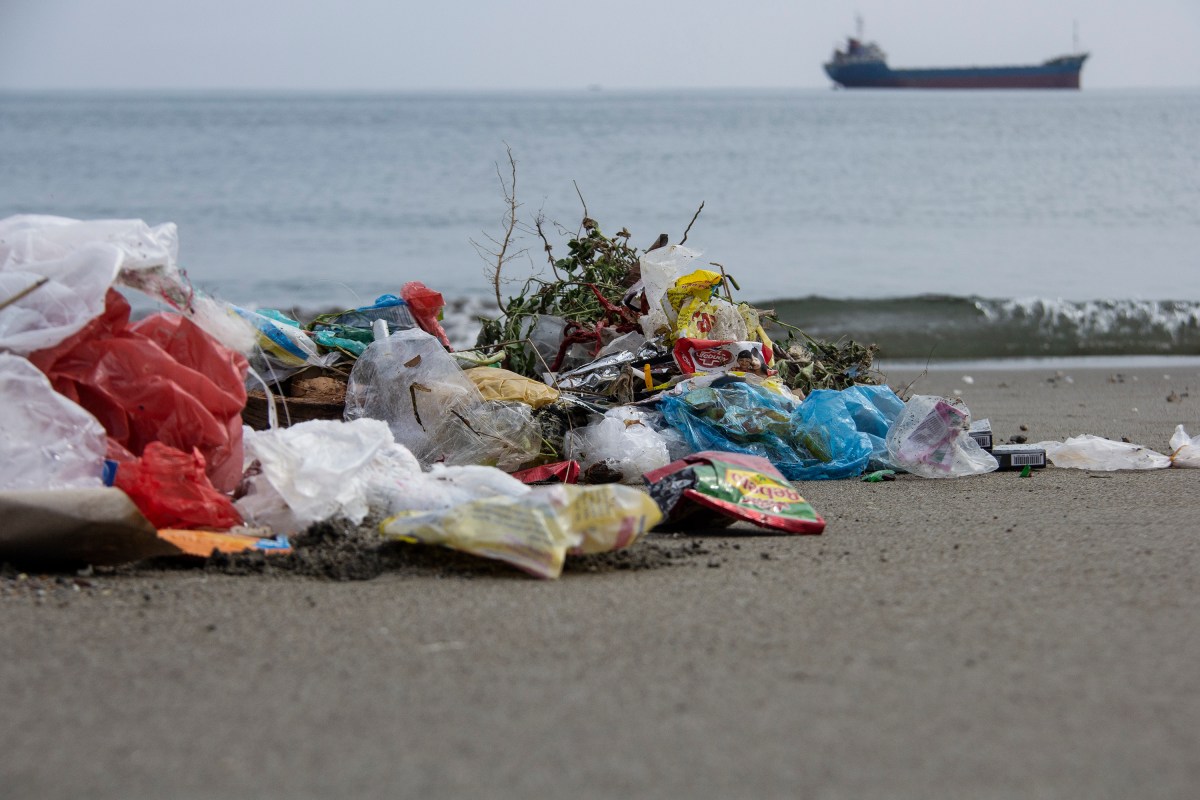Editor’s Note: RealClearLife, a news and lifestyle publisher, is now a part of InsideHook. Together, we’ll be covering current events, pop culture, sports, travel, health and the world.
If it feels like you’ve been seeing a lot more stories lately about dead whales washing ashore with massive amounts of plastic in their bodies, it’s because you have.
A new study found the amount of plastic in the ocean has been on the rise, CNN reported.
Plastic pollution has been increasing since the 1950s, with those numbers seeing an even more significant rise since the 1990s. The new study, which appeared this week in the journal Nature Communications, revealed the problem has only gotten worse in recent decades.
While many studies have focused on the rise in microplastic pollution, the smaller plastic pollutants that larger plastics get broken into by ocean currents, the new study highlighted the growing problem of macroplastic in the ocean as well, which includes entire plastic bags, plastic fishing gear and other large materials.
According to CNN, the new study wasn’t initially focused on plastic pollution at all. The researchers were actually studying plankton when tech engineers began to complain of plastic getting tangled up in the equipment.
After investigating the issue and comparing the levels of plastic they encountered against 60 years of ocean data, the team found that plastic entanglement on the equipment they used to measure plankton had increased by about 10 times in the past two decades.
Meanwhile, another recent study, published on Monday in the journal Nature Climate Change, reported that global plastic pollution has quadrupled over the past few decades. If these trends continue, the making of plastics will account for 15 percent of greenhouse gas emissions by 2050, the study found.
“This is long-lasting damage,” Jacqueline Savitz, chief policy officer for North America for Oceana, told CNN. “It is such an important problem to solve, but the only way to do that is to stop putting it in the ocean.”
Thanks for reading InsideHook. Sign up for our daily newsletter and be in the know.


















